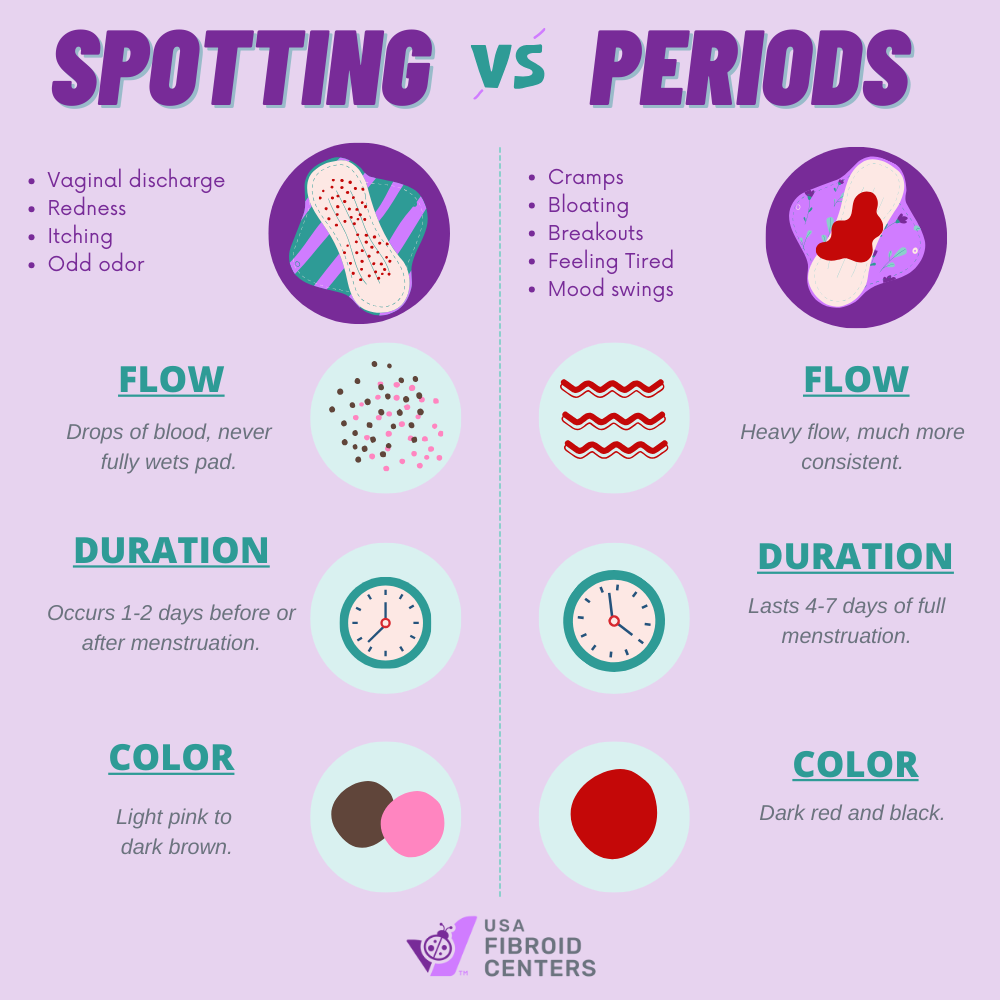
Pregnancy Spotting: Causes, Symptoms, and Treatment
Pregnancy spotting is a common occurrence during pregnancy, affecting up to 25% of expectant mothers. While it can be a cause for concern, it is important to remember that spotting during pregnancy is not always a sign of a problem. In most cases, it is a harmless and temporary condition that resolves on its own. However, it is essential to be aware of the potential causes and symptoms of pregnancy spotting so that you can seek medical attention if necessary.
Causes of Pregnancy Spotting
The most common causes of pregnancy spotting include:
- Implantation bleeding: This occurs when the fertilized egg implants in the lining of the uterus. It typically happens around 10-14 days after conception and can cause light bleeding or spotting.
- Cervical irritation: The cervix can become irritated during pregnancy due to increased blood flow and hormonal changes. This can lead to spotting after intercourse, a pelvic exam, or even coughing or sneezing.
- Hormonal changes: Fluctuating hormone levels during pregnancy can cause the cervix to become more sensitive and prone to bleeding.
- Placental problems: In rare cases, spotting during pregnancy can be caused by placental problems, such as placental abruption or placenta previa. These conditions can be serious and require immediate medical attention.
Symptoms of Pregnancy Spotting
Pregnancy spotting typically presents as light bleeding or spotting that is pink, brown, or red in color. It is usually not accompanied by any other symptoms, such as pain or cramping. However, if you experience any of the following symptoms along with spotting, it is important to seek medical attention immediately:
- Heavy bleeding
- Bright red bleeding
- Bleeding that lasts for more than a few days
- Abdominal pain or cramping
- Fever or chills
- Dizziness or lightheadedness
Treatment for Pregnancy Spotting
In most cases, pregnancy spotting does not require treatment and will resolve on its own. However, if the spotting is heavy or persistent, your doctor may recommend one of the following treatments:
- Bed rest: Resting can help to reduce bleeding and promote healing.
- Pelvic rest: Avoiding intercourse and other activities that can put pressure on the cervix can also help to reduce spotting.
- Hormonal supplements: In some cases, your doctor may prescribe hormonal supplements to help stabilize hormone levels and reduce spotting.
- Surgery: In rare cases, surgery may be necessary to treat underlying placental problems that are causing spotting.
When to Seek Medical Attention
While pregnancy spotting is usually not a cause for concern, it is important to seek medical attention if you experience any of the following symptoms:
- Heavy bleeding
- Bright red bleeding
- Bleeding that lasts for more than a few days
- Abdominal pain or cramping
- Fever or chills
- Dizziness or lightheadedness
These symptoms can indicate a more serious underlying condition that requires immediate medical attention.
Preventing Pregnancy Spotting
There is no surefire way to prevent pregnancy spotting, but there are some things you can do to reduce your risk, such as:
- Avoiding strenuous activity
- Getting plenty of rest
- Eating a healthy diet
- Taking prenatal vitamins
- Managing stress
Conclusion
Pregnancy spotting is a common occurrence that affects many expectant mothers. While it can be a cause for concern, it is important to remember that it is not always a sign of a problem. In most cases, it is a harmless and temporary condition that resolves on its own. However, it is essential to be aware of the potential causes and symptoms of pregnancy spotting so that you can seek medical attention if necessary. By following the advice in this article, you can help to reduce your risk of pregnancy spotting and ensure a healthy pregnancy.